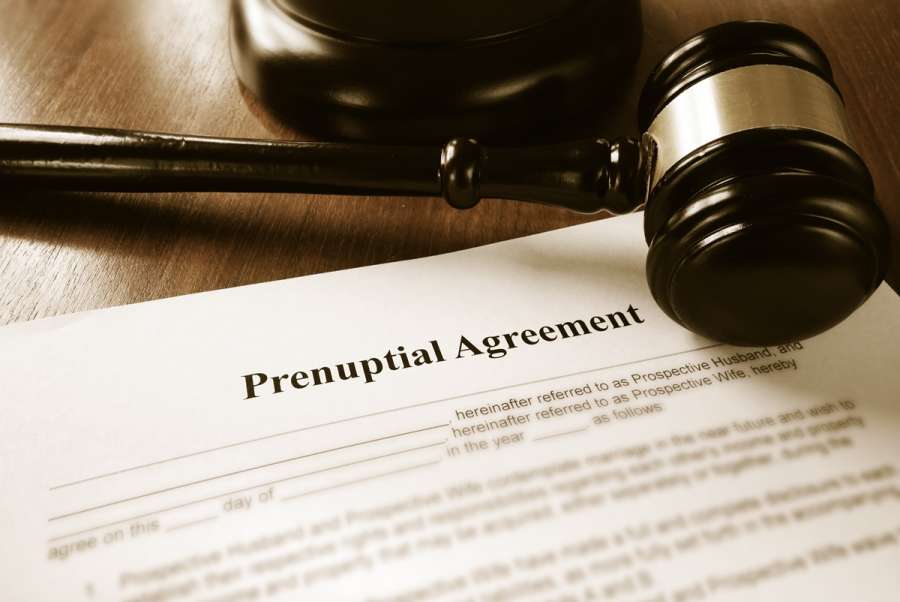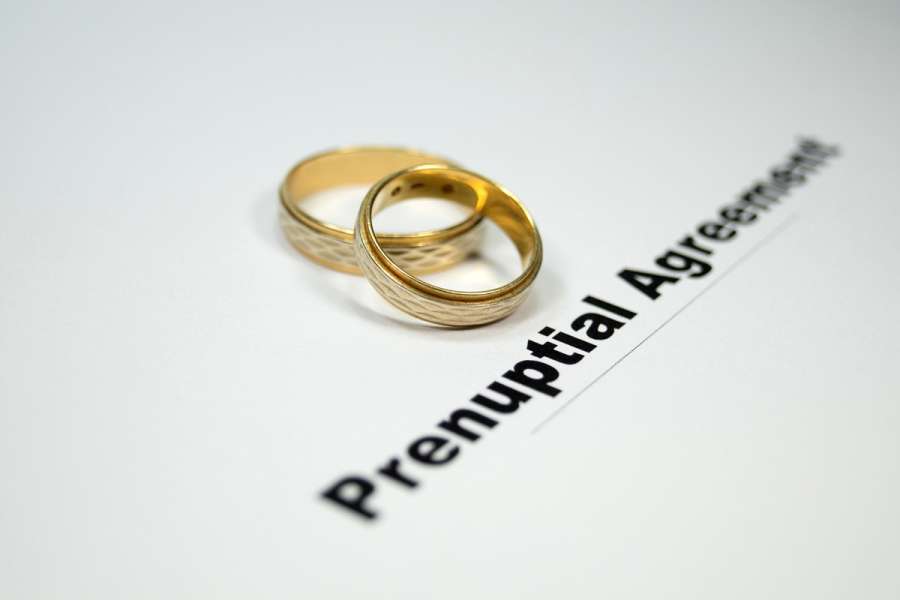What is a prenuptial agreement?
A prenup is a legal agreement made between two individuals before they marry or enter into a civil partnership.
The agreement itself can set out a variety of provisions as to how the couple intend to divide their assets in the event of any future divorce or family dissolution.
The agreement can also define which assets are classed as ‘matrimonial property’, i.e. assets acquired during the marriage or held in joint names, and those classed as ‘non-matrimonial’ such as inheritance or gifts received by one party or assets owned before the marriage.
This distinction is important as upon any relationship breakdown, the ownership of the assets will already be determined, which avoids any disputes (and subsequent time and costs involved).
This is in contrast to divorce proceedings without a prenup, as in these cases, depending on the financial position of each party, both matrimonial and non-matrimonial assets may need to be shared equally between the parties so that both parties’ needs are met.
In England and Wales, prenuptial agreements are not strictly binding in the event of a divorce, but the terms of the agreement may be decisive in the event of a dispute that the court deals with unless the effect of the agreement would be unfair.














